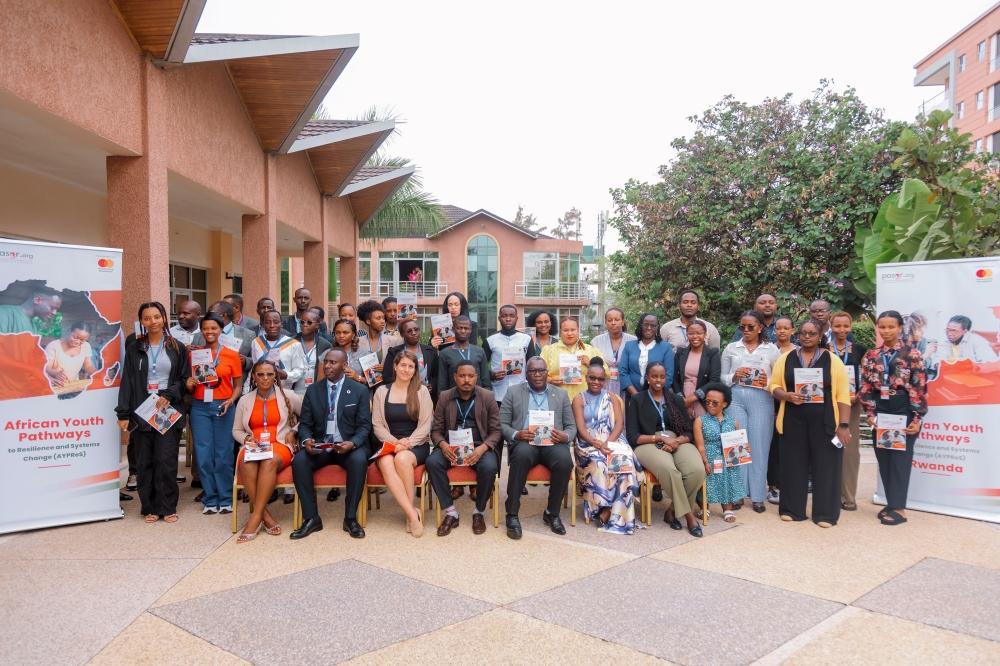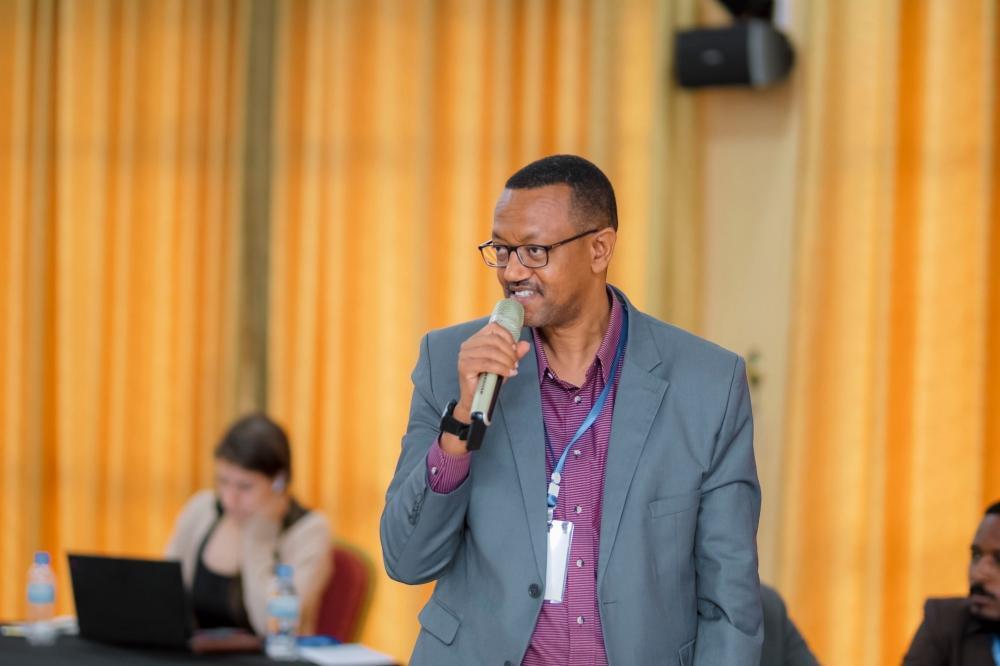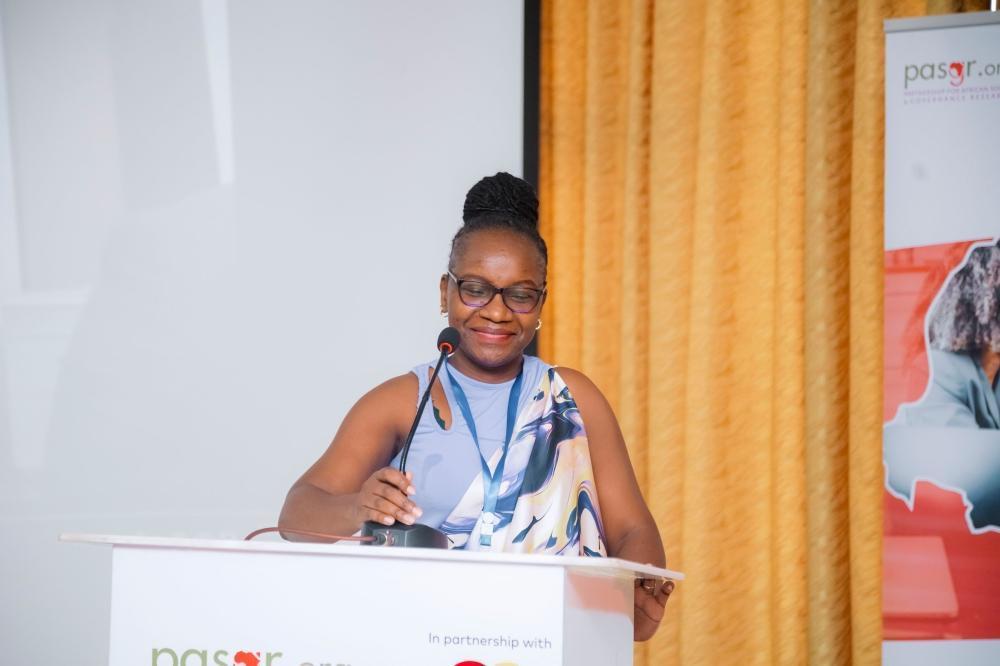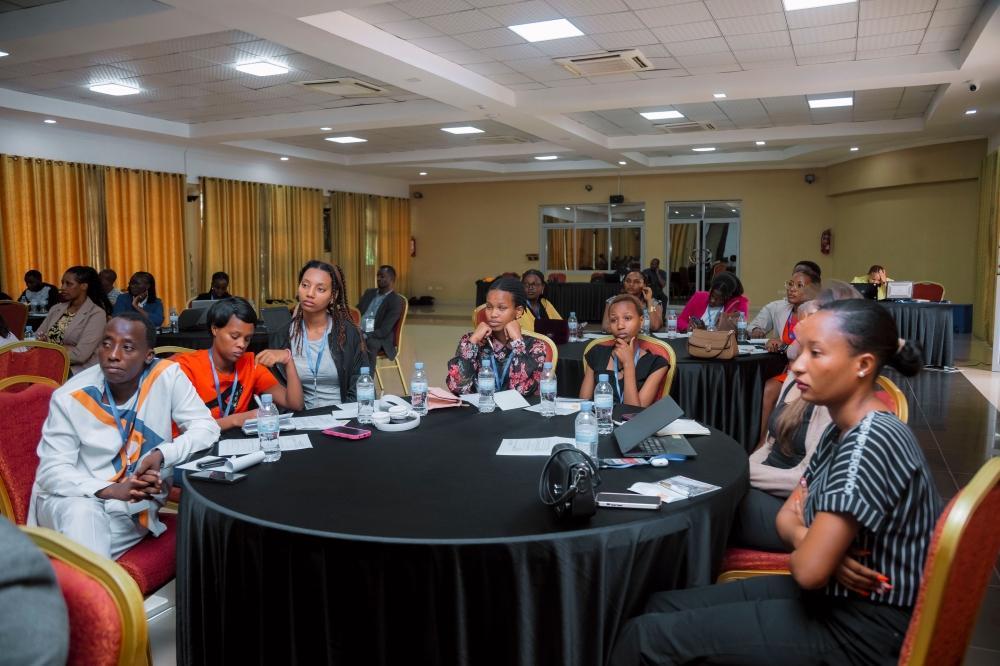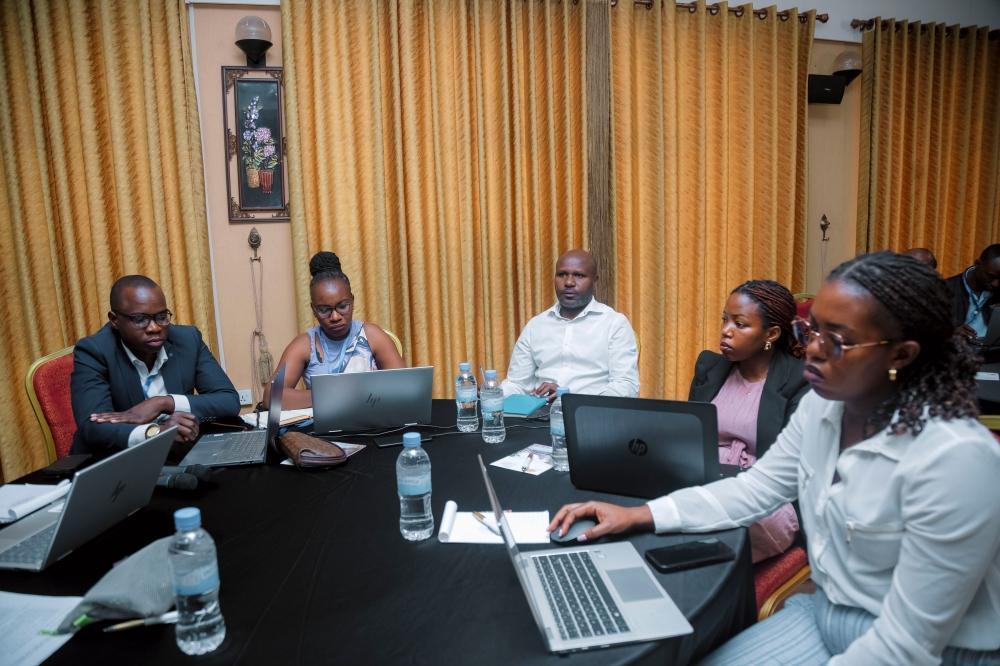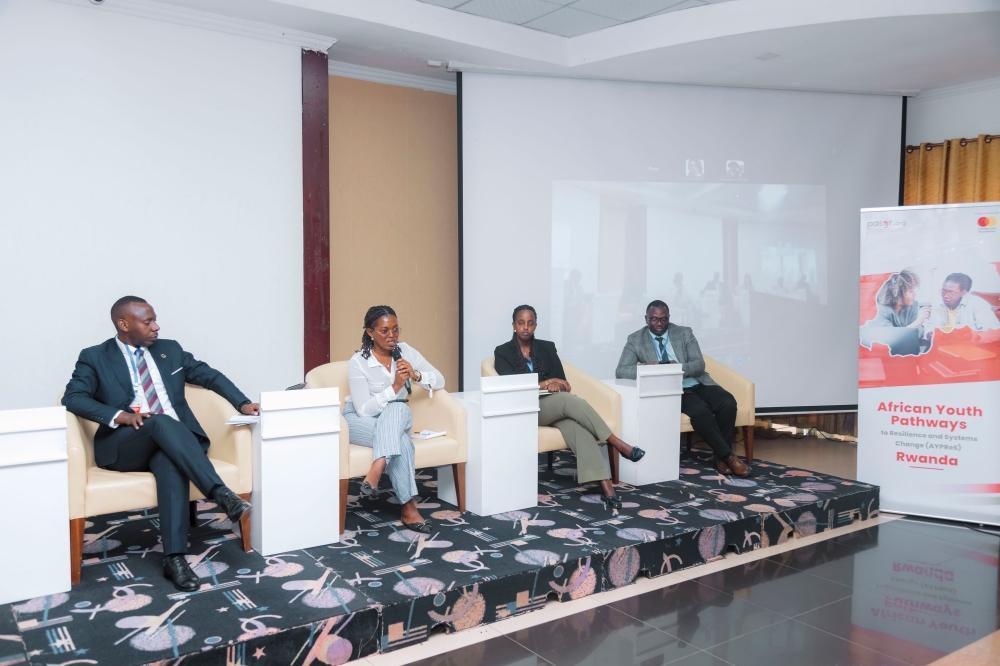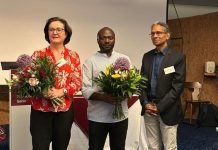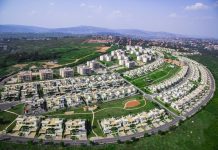Africa-Press – Rwanda. Rwanda is among 10 countries that will benefit from a new research project aimed at addressing the youth unemployment crisis, with a particular focus on marginalised groups who face the greatest barriers to dignified work.
The three-year project, known as African Youth Pathways to Resilience and Systems Change (AYPReS), was officially launched on Wednesday, September 10, in Kigali.
It is being implemented by the Partnership for African Social and Governance Research (PASGR) in partnership with the Mastercard Foundation, covering Kenya, Uganda, Ethiopia, Rwanda, Nigeria, Ghana, Togo, Benin, Senegal, and Cote d’Ivoire.
The programme seeks to understand how young people, particularly refugees, displaced persons, rural young women, persons with disabilities, and those working in the informal sector, can play a role in reshaping systems that limit their opportunities for sustainable livelihoods.
Speaking at the launch, Jean Claude Rwahama, the Director of the Social Protection Unit at Local Administrative Entities Development Agency (LODA), pointed to the urgency of tackling youth unemployment in Rwanda.
“Each year, over 250,000 young Rwandans enter the labour market, yet the number of available formal jobs remains limited. This mismatch has left many absorbed into the informal sector, where challenges remain overwhelming,” he said.
Rwahama noted that unemployment among the youth stands at nearly 17 per cent, higher than the national average of 11.1 per cent, with young women and rural youth disproportionately affected.
He stressed that while Rwanda has multiple youth-oriented policies, coordination gaps still undermine their impact.
“Many programmes create temporary jobs, but lack clear graduation pathways into sustainable, private-led employment. This project will help us better understand how to close those gaps and build long-term solutions for our young people.”
Rose Njage, a Programme Officer at PASGR, explained that AYPReS builds on earlier studies that highlighted the aspirations of young Africans.
“Our research has shown that most young people don’t necessarily want to be employed, they want to be entrepreneurs. But what has been missing is evidence about which sectors they are most interested in and the challenges they face in starting and sustaining their own businesses,” she said.
Njage emphasised that the project is intentional about amplifying voices that are often excluded from policymaking.
“Too often, categories like youth with disabilities, refugees, or young women in rural areas are either overlooked or lumped together without considering their specific needs. Through this initiative, we are listening directly to these groups, because interventions designed without their voices risk missing the mark.” she explained.
In Rwanda, Njage noted, there are unique dynamics to consider, including the reintegration of youth coming from rehabilitation centres and raising awareness among refugees about their right to employment.
“We cannot think for young people, we must listen to them. This study is about giving them a platform to say how they want to be supported and what kind of enterprises they want to pursue,” she said.
In Rwanda, the project will also establish the Utafiti Sera House on Youth Resilience and Systems Change, a research-to-policy platform that will bring together government, civil society, researchers, and youth representatives to co-create solutions.
For More News And Analysis About Rwanda Follow Africa-Press

